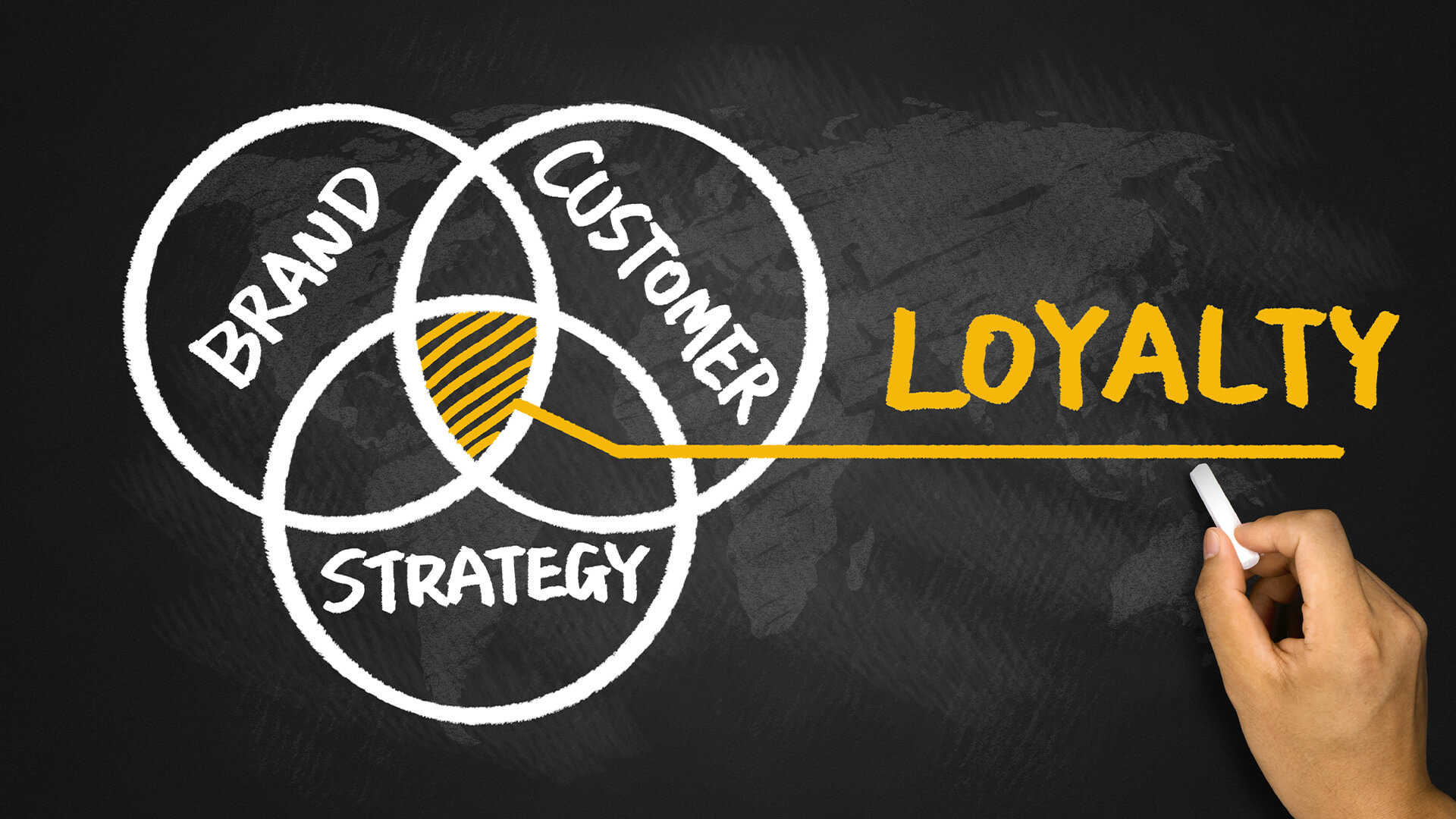
In today’s competitive business landscape, maintaining brand loyalty is essential for long-term success. While products and services are key elements of a business’s success, customer service plays a pivotal role in building trust, enhancing customer experience, and fostering brand loyalty. When businesses focus on providing exceptional customer service, they not only meet customer expectations but also exceed them, creating loyal customers who return again and again. This article will explore how businesses can boost brand loyalty through customer service excellence, offering practical steps to turn customers into advocates for your brand.
Step 1: Understand Your Customers’ Needs and Expectations
The first step in providing exceptional customer service is understanding your customers. Every customer is unique, and their needs and expectations vary. To build brand loyalty, businesses must take the time to understand what their customers value most in a product or service, as well as what they expect from customer service. This insight can help companies tailor their offerings to meet or exceed those expectations.
Conducting surveys, focus groups, and gathering feedback through social media and customer interactions are excellent ways to gauge customer needs. Additionally, businesses can leverage data analytics to gain deeper insights into purchasing behaviors and preferences. By understanding these aspects, companies can deliver a more personalized and relevant experience, which is key to fostering loyalty.
Step 2: Create a Customer-Centric Culture
Customer service excellence begins with company culture. Organizations that prioritize customer satisfaction as part of their core values tend to offer superior service. When employees believe in the mission of providing exceptional service, it translates directly into how they interact with customers.
Leadership should foster a culture of empathy, respect, and dedication to customers. This means training employees to be responsive, helpful, and courteous in all customer interactions. The goal should be to ensure that every customer feels valued and heard, whether they’re making a purchase, asking questions, or dealing with a problem.
A customer-centric approach also involves continuous improvement. Companies must empower their employees to take initiative, solve problems efficiently, and take ownership of customer concerns. Providing employees with the tools, training, and authority they need to resolve issues on the spot can make a huge difference in the customer experience.
Step 3: Provide Personalization in Every Interaction
Personalization has become a key factor in improving customer service and building brand loyalty. Customers appreciate when businesses go the extra mile to recognize them as individuals. This can be as simple as addressing a customer by their name, remembering their previous interactions, or offering tailored recommendations based on past purchases.
A great example of leveraging personalization is when businesses use CRM (customer relationship management) tools to track customer interactions and create customized experiences. By analyzing purchase history and preferences, companies can offer tailored promotions, relevant product suggestions, and proactive customer service. For instance, if a customer has previously purchased a product, sending them follow-up emails with helpful tips or related product recommendations can increase the likelihood of repeat business.
For companies like theelitefirms, who provide consulting services, personalized customer service is crucial to building lasting relationships with clients. By tailoring solutions to each client’s unique challenges, businesses can establish themselves as trusted advisors and foster long-term loyalty.
Step 4: Respond Quickly and Effectively
In today’s fast-paced world, customers expect quick responses to their inquiries or complaints. Delayed responses can lead to frustration, dissatisfaction, and ultimately a loss of loyalty. Whether through phone, email, or social media, ensuring that your team responds promptly to customer concerns is vital.
An effective way to handle customer inquiries is through multichannel support. By offering several avenues for customers to reach out—such as live chat, email, phone support, or social media platforms—businesses can provide more flexibility and ensure quicker resolution times. Moreover, implementing automated systems like chatbots for initial queries can help resolve simple issues quickly, while allowing human agents to focus on more complex problems.
Additionally, when a problem arises, it’s not just about solving it quickly—it’s about resolving it effectively and professionally. A well-trained customer service team should be equipped to solve issues efficiently, while maintaining a positive and understanding tone. Ensuring that customers feel their issues are being addressed and resolved to their satisfaction can significantly enhance brand loyalty.
Step 5: Offer Proactive Customer Service
Proactive customer service goes beyond responding to complaints and inquiries—it anticipates customer needs and addresses them before they become issues. By taking the initiative to reach out to customers with helpful information or solutions to potential problems, businesses can create a positive and memorable experience.
For example, businesses can send customers reminders about their subscription renewals, service updates, or upcoming product restocks. Additionally, proactively following up after a purchase to ensure the product is functioning properly or to ask for feedback can make customers feel valued and appreciated. By demonstrating a commitment to customer satisfaction before issues arise, companies can build trust and loyalty.
This approach requires that businesses stay one step ahead and be attuned to customer needs. Companies with strong customer service teams consistently anticipate questions and concerns, preventing issues from escalating and helping build stronger, more loyal relationships.
Step 6: Provide Consistent, High-Quality Service
Consistency is another key factor in driving brand loyalty. Customers want to know that they can rely on your business for great service every time they interact with you. If a customer has a positive experience one time but receives poor service the next, it undermines trust and damages loyalty.
Training and regular performance evaluations can help ensure that your team maintains high standards of service. It is crucial to establish clear service guidelines and expectations that every employee can follow. For example, having a set protocol for handling complaints ensures that no matter who a customer speaks with, the outcome is always positive and consistent.
Moreover, businesses should strive to maintain the same level of service across all touchpoints. Whether a customer interacts with your brand in person, over the phone, or through an online platform, the experience should be uniform. This builds a sense of reliability and dependability, which is crucial for fostering brand loyalty.
Step 7: Recognize and Reward Loyal Customers
Recognizing and rewarding loyal customers is a great way to show appreciation and strengthen brand loyalty. Loyalty programs, exclusive discounts, and special offers for repeat customers are effective ways to demonstrate that you value their business.
Moreover, businesses can go beyond just transactional rewards and focus on creating emotional connections with their customers. For example, sending personalized thank-you notes, celebrating customer milestones (like anniversaries), or giving shout-outs on social media can go a long way in building a loyal customer base.
By making loyal customers feel special and valued, businesses can inspire ongoing loyalty and encourage them to spread positive word-of-mouth recommendations. This not only helps retain existing customers but can also attract new ones, as satisfied customers often become brand advocates.
Final Thougths
Customer service excellence is a powerful tool for boosting brand loyalty. By understanding your customers’ needs, creating a customer-centric culture, providing personalized service, responding quickly, and proactively addressing issues, businesses can build lasting relationships with their customers. Furthermore, offering consistent high-quality service and rewarding loyal customers ensures that these relationships continue to thrive. With these strategies in place, businesses can cultivate a loyal customer base that supports long-term success and growth.














